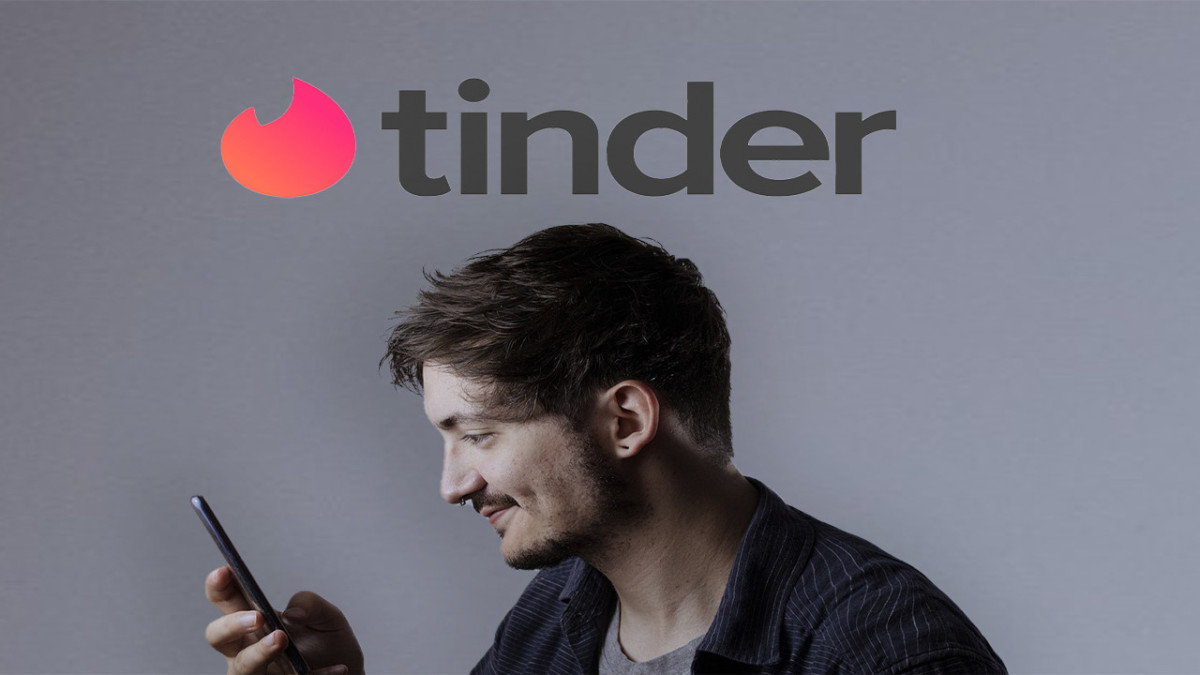
Tinder, other Match dating apps encourage compulsive use

EL.KZ Информационно-познавательный портал
15.02.2024 14:00
Фото:
El.kz
Match Group (MTCH.O), opens new tab was sued on Wednesday in a proposed class action claiming that its dating apps Tinder, Hinge and The League are designed to addict users, generating more profit for the company, rather than help them establish relationships, El.kz cites Reuters.
The plaintiffs said Match's "predatory" business model defrauds those looking for love and fearful of missing out with an algorithm that rewards "compulsive use" of its platforms, and entices them to pay hundreds of dollars a year for subscriptions.
Match employs features "to gamify the platforms to transform users into gamblers locked in a search for psychological rewards that Match makes elusive on purpose," according to the complaint filed in federal court in San Francisco.
The six plaintiffs - who live in California, Florida, Georgia and New York - called this inconsistent with Match's ad slogan that its apps are "designed to be deleted."
In a statement, Match rejected the plaintiffs' claims.
"This lawsuit is ridiculous and has zero merit," Match said. "Our business model is not based on advertising or engagement metrics. We actively strive to get people on dates every day and off our apps. Anyone who states anything else doesn't understand the purpose and mission of our entire industry." Match Chief Executive Bernard Kim told analysts on Jan. 31 that the Dallas-based company adopted a "fast-fail mentality" to move on from features that don't work, and that Tinder and Hinge are using artificial intelligence to improve users' experiences.
But if the apps work, many people will likely stop using them, reducing revenue for the companies behind them.
The plaintiffs said Match counteracts this with "benefits" such as the ability to "like" an unlimited number of profiles, but that these often lead to "breadcrumbing" or "ghosting" where users receive empty messages that fail to build relationships.
Match's apps deliver "a game, leading to addiction, and the loneliness, anxiety and depression that come with it," Ryan Clarkson, a lawyer for the plaintiffs, said in a statement.
29 November 2023, 12:41
Abay schoolchildren invent ECOBIKE to generate "green" energy
24 November 2023, 17:15
Alikhan Smailov demands to ensure timely commissioning of new medical facilities in rural areas
16 November 2023, 12:12
Tokayev signed law on Children’s Payments from Kazakh National Fund

